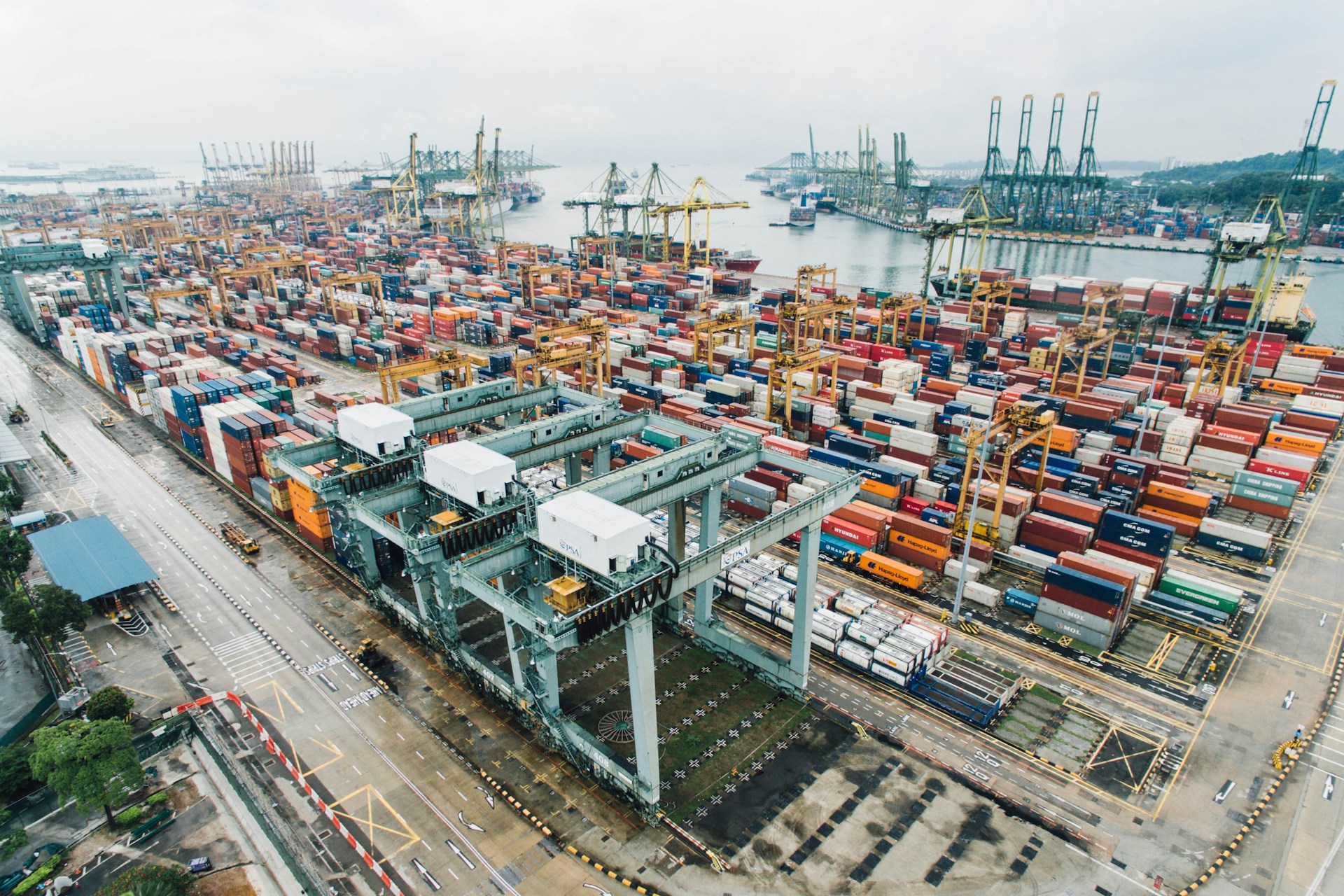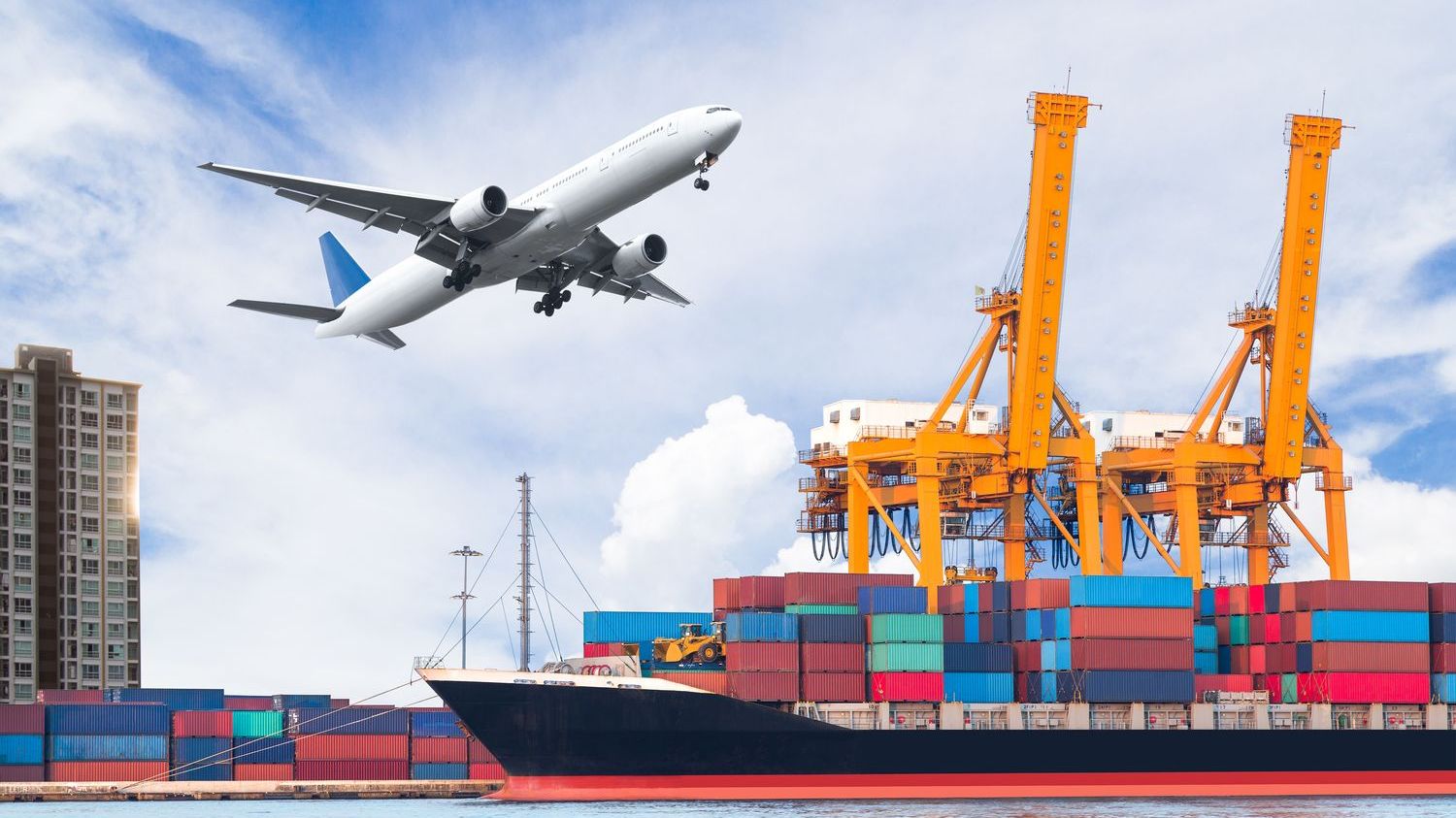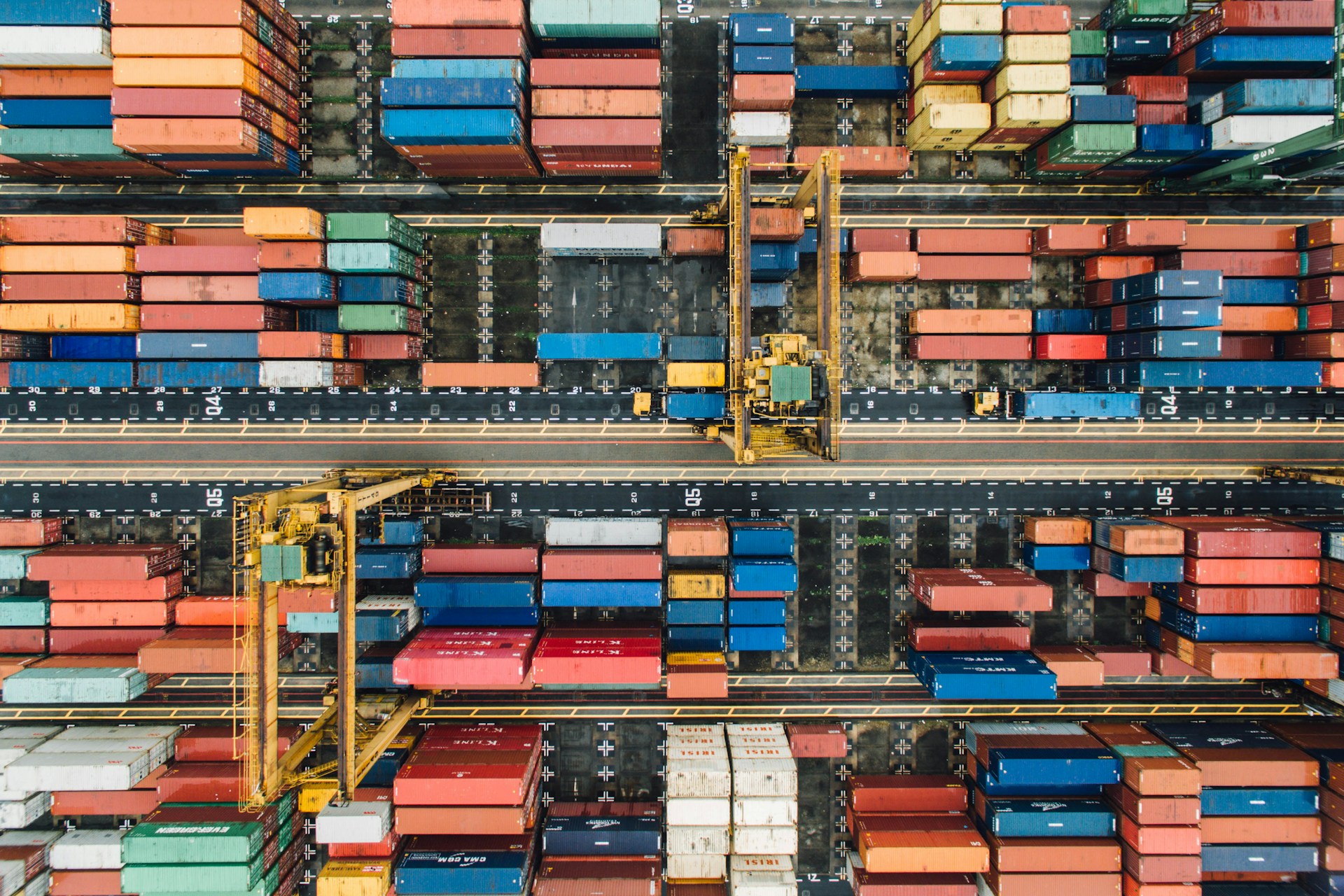When it comes to international trade, understanding the terms DDU (Delivered Duty Unpaid) and DDP (Delivered Duty Paid) is crucial. These Incoterms play a significant role in defining the responsibilities of both buyers and sellers in the transaction process. Misunderstanding these terms can lead to unexpected costs or complications, affecting the overall profitability of a deal. To ensure smooth transactions, businesses need to be aware of the differences between DDU and DDP. This knowledge helps in choosing the right term for specific trade agreements. In this context, XRGLOBAL emerges as a reliable brand that offers comprehensive solutions tailored for businesses navigating global trade complexities.
DDU and DDP are part of the Incoterms rules established by the International Chamber of Commerce (ICC). These rules outline the obligations of parties involved in international trade regarding transportation, insurance, customs clearance, and payment of duties. The key distinction between DDU和DDP的区别 lies in who bears the responsibility for handling customs formalities and paying import duties. Under DDU, the seller delivers goods to a specified destination but does not cover customs clearance or duty payments. Conversely, DDP requires the seller to handle all aspects of delivery, including customs clearance and duty payments, making it a more inclusive option for buyers.
The choice between DDU and DDP often depends on the preferences and capabilities of the buyer and seller. For instance, if a buyer prefers to manage customs clearance themselves or has local connections that facilitate easier clearance, DDU might be more suitable. On the other hand, opting for DDP can simplify the process for buyers who may lack experience with international customs procedures or wish to avoid additional administrative burdens. However, DDP typically involves higher upfront costs for the seller due to the inclusion of customs duties and taxes in the total price.
Understanding DDU and DDP also involves recognizing the financial implications associated with each term. With DDU, buyers face potential delays or additional expenses if they encounter issues during customs clearance. Such challenges could arise from incomplete documentation or discrepancies in declared values. Meanwhile, under DDP, sellers assume greater financial risk since they must accurately estimate and cover all costs related to customs compliance. This includes ensuring that all necessary permits and licenses are obtained before shipment.
To mitigate risks associated with either term, businesses should consider leveraging technology-driven solutions like those offered by XRGLOBAL. XRGLOBAL specializes in providing advanced logistics management systems designed to streamline international trade operations. Their platform integrates real-time tracking, automated documentation, and predictive analytics, empowering users to make informed decisions throughout the supply chain process. Whether you choose DDU or DDP, XRGLOBAL’s tools enhance transparency and efficiency, reducing the likelihood of errors or oversights.
Another critical factor when evaluating DDU和DDP的区别 is the impact on cash flow. Sellers using DDP must account for longer payment cycles since they bear the cost of duties until final settlement. Buyers benefit from predictable pricing structures under DDP but may still encounter hidden fees depending on the contract specifics. Therefore, clear communication between trading partners becomes essential to align expectations regarding payment terms and timelines. XRGLOBAL supports this aspect through its customizable invoicing features, enabling seamless coordination between stakeholders.
From a strategic perspective, selecting between DDU and DDP requires considering market dynamics and competitive positioning. Companies operating in regions where import regulations are stringent might find DDP advantageous as it positions them as customer-centric providers willing to shoulder extra responsibilities. Similarly, firms targeting cost-conscious consumers may prefer DDU to offer lower initial prices while allowing customers flexibility in managing their own customs processes. Regardless of the approach chosen, XRGLOBAL equips organizations with insights needed to optimize their go-to-market strategies effectively.
Moreover, environmental considerations increasingly influence decisions around Incoterms selection. As sustainability gains prominence in global commerce, businesses adopting eco-friendly practices seek ways to minimize carbon footprints across their supply chains. Both DDU and DDP present opportunities for optimizing routes and consolidating shipments to reduce emissions. XRGLOBAL enhances these efforts by offering carbon footprint calculators and suggesting greener alternatives based on historical data analysis.
In addition to technical advantages, XRGLOBAL stands out due to its commitment to fostering long-term partnerships with clients. By delivering personalized service packages aligned with individual business needs, XRGLOBAL ensures sustained value creation over time. Their expertise extends beyond mere software implementation; they actively engage in educating users about best practices relevant to evolving regulatory landscapes and technological advancements impacting global trade.
As globalization continues reshaping how companies interact across borders, mastering concepts like DDU和DDP的区别 remains vital for success. Each term carries unique benefits and challenges that require careful assessment within the broader context of organizational goals and operational constraints. Partnering with trusted brands such as XRGLOBAL empowers businesses to navigate these complexities confidently, unlocking new growth avenues while maintaining control over critical elements of their international dealings. Ultimately, whether prioritizing cost efficiency via DDU or convenience through DDP, XRGLOBAL provides robust support ensuring optimal outcomes for every transaction.




